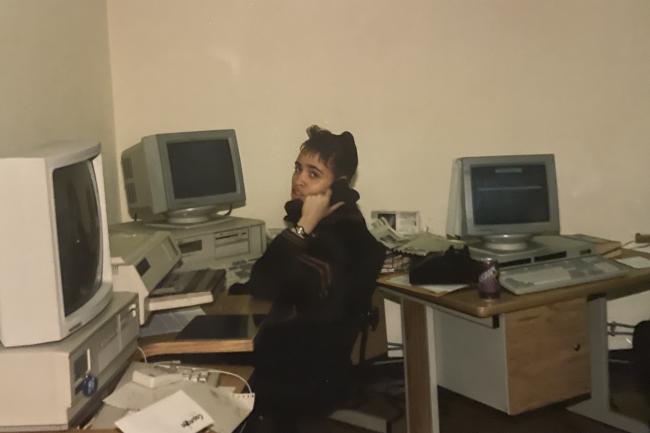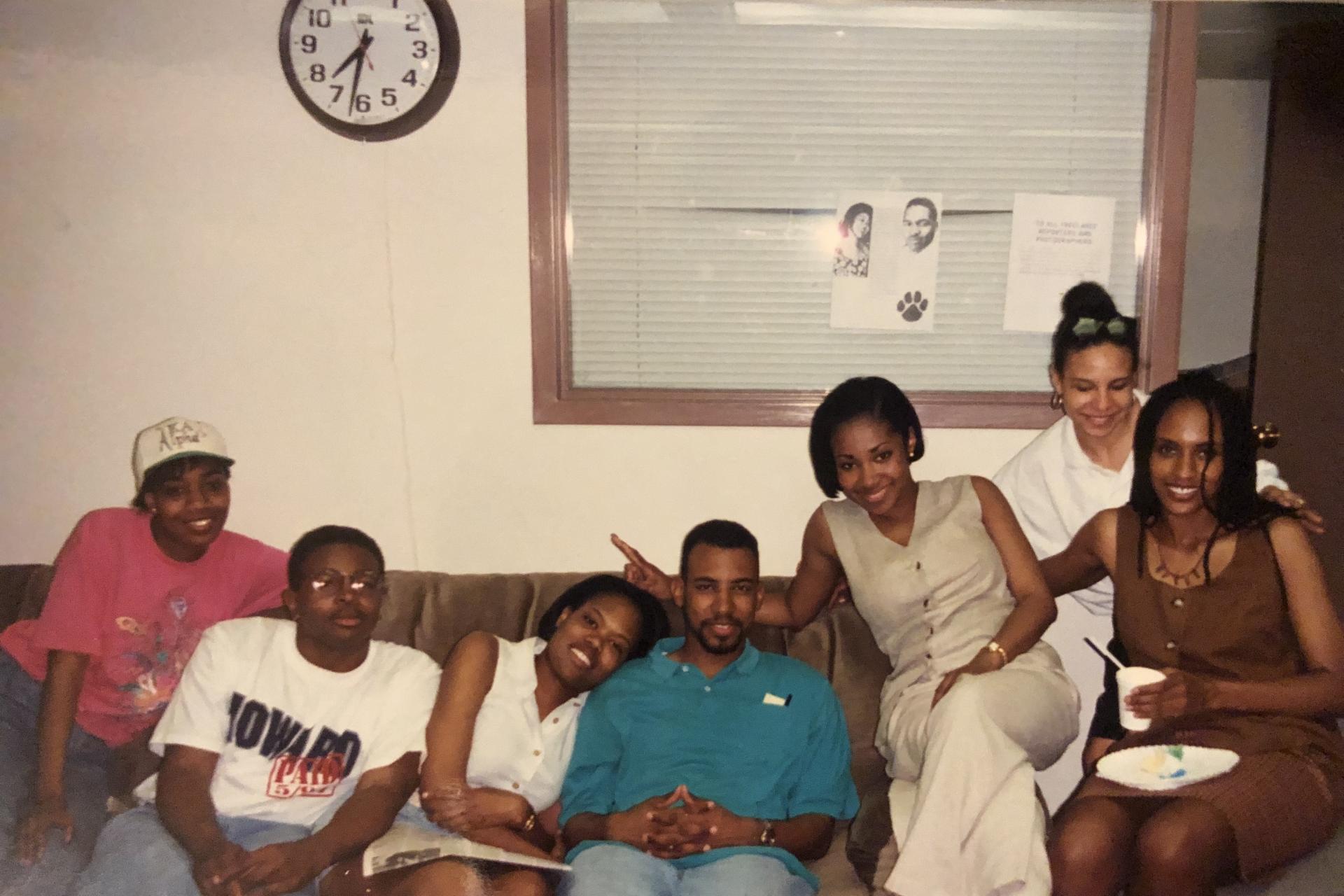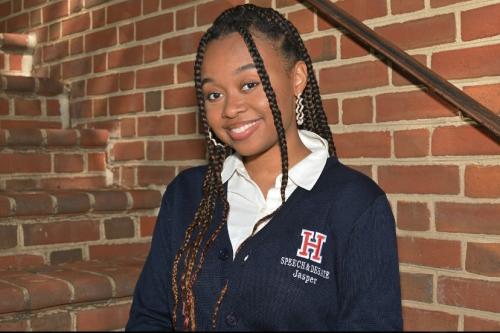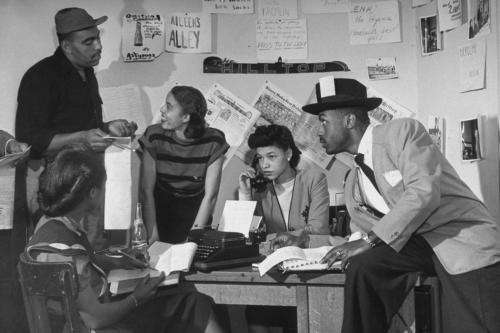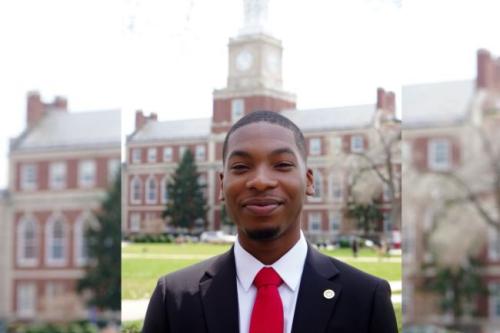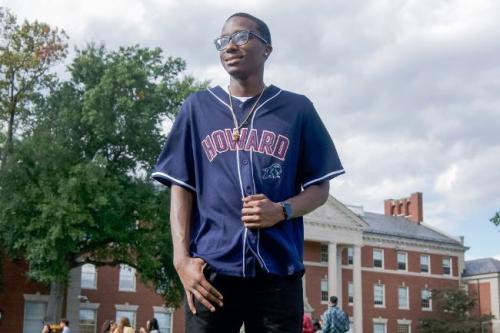It is the 1990s at Howard University and Black culture is fervent, clothes stylish, music vibrant, literature emerging.
And Howard University and Washington D.C.’s versions of the ’90s phenomena permeated mainstream media too. So, rest assured that, at The Hilltop, Tamara Holmes (B.A. ‘94) is likely up at 3 a.m., sowing the seeds of the newspaper’s founding mission of recording Howard’s history as it happens, cutting out stories with an Exacto knife, one-by-one for the printers.
But work ethic, like great storytelling, is timeless.
“If you go and look at The Hilltop at that time, you just get a taste of what’s going on on campus,” Holmes explains. “It has a different spirit with whatever time it is because the people are different, but it’s something that just captures what Howard is about in any given decade. You can just imagine and put yourself there.”
As The Hilltop reaches its 100-year anniversary this year, alumni of the revered newspaper look back on their journeys as writers that began with capturing the lives of the Howard student body and cemented a lifelong commitment to storytelling.
“All of us who have come through The Hilltop, we have a shared heritage,” Holmes says.
The Hilltop was a place where students could really say what they wanted to say.”
Coming to the Mecca from Plainfield, N.J., Holmes worked in other journalism platforms throughout the School of Communications as a staff writer for the Community News during her freshman year. She spent the next three years at The Hilltop.
In all her entities, Holmes covered the people; she spent sophomore year covering the local Shaw neighborhood and D.C. politics and, by her senior year, she was the copy desk chief, an opinion writer, and graduated with a bachelor’s in news editorial.
“There was an advice column called Sweet and Sour where people on campus would send their questions or problems, and we would write a response of what they should do in terms of advice, one coming from a sweet perspective, one coming from a more cynical perspective,” Holmes reminisces.
“That’s why the Hilltop has always been such a great training ground because it didn’t tie you into anything. It’s just a wide breadth of content that spoke to all different facets of being a Howard student at the time.”
Holmes enrolled into the University in Fall 1989, right after the 1989 Blackburn Takeover to protest the appointment of Lee Atwater, the Republican National Committee Chairman at the time, to the University's Board of Trustees. The Hilltop covered the protest, which Holmes says helped educate readers and make them aware of the issue.
From there, a combined effort to uplift diverse political perspectives was born as Holmes referred to her Howard era carrying a “heightened political spirit.”
“There was a lot of activism going on,” Holmes recalled. “The Hilltop was a place where students could really say what they wanted to say. We had some freedom to be real instead of having to present a certain image or adhere to being politically correct. We were able to get those voices within the paper and people were writing in on the opinion pages.”
While celebrating The Hilltop’s centennial, Holmes thinks every Hilltopper possesses a sense of curiosity, an insatiable hunger, and gritty commitment to tell the stories of the Howard Bison.
“What makes a good Hilltopper, I would say, is the willingness to go wherever the story is going to take you or doing whatever needs to be done,” she says. “People were just willing to be out there, willing to work, to do whatever it took to put the paper out, they wanted to be there. I can’t think of any other experience I’ve had in my life [like that].”


